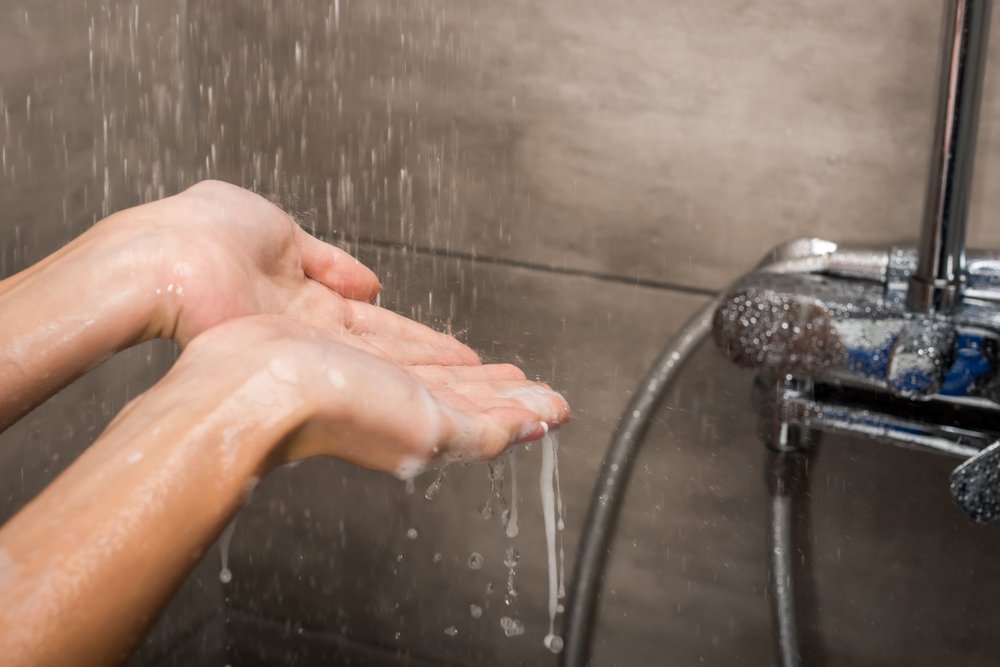Right here on the next paragraphs you can discover a good deal of decent news on the subject of 11 Must-Read Tips for Plumbing a New House.

For new homeowners, understanding and maintaining shower room pipes can save both time and money by stopping pricey problems down the line. Below are some crucial restroom pipes ideas to aid you keep everything running smoothly.
Acquaint Yourself with the Key Shut-Off Valve
Recognizing where the major water shut-off shutoff lies in your home is crucial. This permits you to rapidly switch off the water supply in case of significant leakages or throughout plumbing emergency situations, avoiding comprehensive water damages.
Frequently Examine for Leaks
Small leaks can bring about big troubles. Frequently check under sinks, around toilets, and near plumbing components for any type of indicators of leakages. Seek wetness, small drips, or rust. Catching and repairing leakages early can avoid much more significant damages and conserve water.
Do Not Ignore Slow Drains
If your sink or tub is draining pipes slowly, it's commonly an indicator of a clog developing. Resolving this early can protect against a total obstruction. Utilize a plunger or a plumber's serpent to clear out debris. Prevent using chemical drainpipe cleansers as they can damage your pipes in time.
Know What Not to Flush
Bathrooms are not waste disposal unit. Prevent flushing anything besides toilet tissue and human waste. Products like wipes, womanly health items, and cotton swabs should be thrown away in the trash to prevent clogs and sewer back-ups.
Set Up Strainers in Drains
Location filters in your sink and bath tub drains pipes to capture hair and other debris prior to they enter your pipes system. Cleansing the strainers regularly will aid stop accumulation and maintain water moving easily.
Keep Your Hot Water Heater
Guarantee your water heater is readied to an ideal temperature (commonly about 120 levels Fahrenheit) to stop scalding and decrease energy usage. Flush the storage tank annually to remove sediment accumulation, which can minimize the performance and life-span of your heating system.
Upgrade Your Components
If your home has older fixtures, consider upgrading to a lot more effective designs. Modern commodes, showerheads, and faucets are designed to make use of much less water while providing good pressure, which can considerably minimize your water bill and ecological footprint.
Be Cautious with Do It Yourself Pipes Services
While it's tempting to deal with all home fixings by yourself, beware with plumbing. Some problems may need professional know-how, especially if they entail primary water lines or sewage system repair services. Working with an expert can occasionally be more cost-efficient than DIY, specifically if it stops more damages.
Get Ready For Winter
Shield your pipes from cold throughout cold weather by protecting pipelines in unheated locations like basements, attic rooms, and garages. During severe cold, allow cold water drip from faucets served by subjected pipelines to aid stop cold.
Arrange Normal Upkeep
Think about scheduling yearly inspections with an accredited plumber. They can identify concerns that you could miss out on, such as covert leaks or wear and tear on pipelines and components. Normal maintenance assists prolong the life of your pipes system and can prevent emergencies.
Verdict
Comprehending and preserving your home's bathroom plumbing can prevent many common problems. By complying with these important ideas, you can ensure your shower room stays useful and efficient, conserving you money and time in the long run.
Essential Plumbing Tips for Homeowners: Keep Your Pipes Flowing Smoothly
As a homeowner, understanding the basics of your plumbing system can save you time, money, and a lot of headaches. Plumbing issues can range from minor annoyances like dripping faucets to major problems like burst pipes that cause significant damage. This guide provides essential tips to help you maintain your plumbing system and tackle common issues.
Understanding Your Plumbing System
Supply System: Brings fresh water into your home from a municipal source or a well. Drain-Waste-Vent System: Removes wastewater and vents sewer gases outside. Fixtures and Appliances: Includes sinks, toilets, showers, dishwashers, and washing machines. Basic Maintenance Tips
Regular Inspections: Periodically check for leaks, corrosion, and other signs of wear and tear. Look under sinks, around toilets, and near water heaters. Know Your Main Shut-Off Valve: In case of a major leak, you’ll need to shut off the water quickly. Ensure everyone in your household knows where the main shut-off valve is located. Prevent Frozen Pipes: In cold climates, insulate exposed pipes and let faucets drip during extreme cold to prevent freezing. Use Strainers: Install strainers in sinks and tubs to catch hair, food particles, and other debris that can cause clogs. Common Plumbing Issues and Solutions
Clogged Drains:
Prevention: Avoid pouring grease down the drain and use drain screens to catch debris. DIY Fix: Use a plunger or a plumbing snake to clear minor clogs. For stubborn clogs, a mixture of baking soda and vinegar can sometimes help. Leaky Faucets:
Prevention: Replace washers and seals regularly. DIY Fix: Turn off the water supply, disassemble the faucet, and replace worn parts.

Find Out More